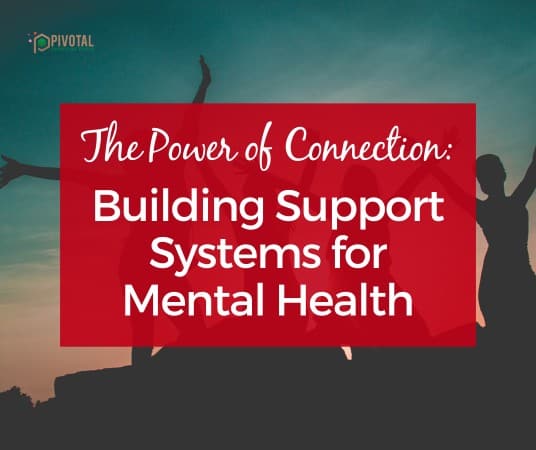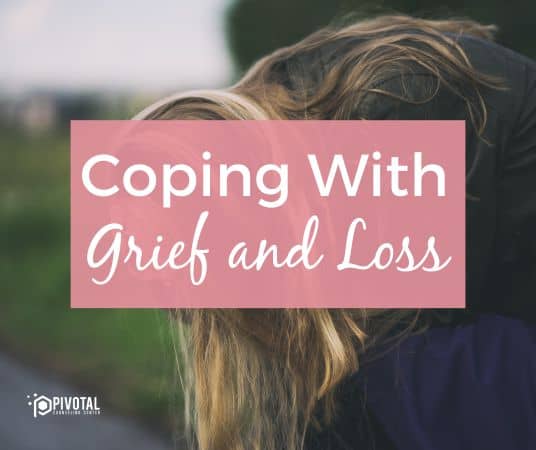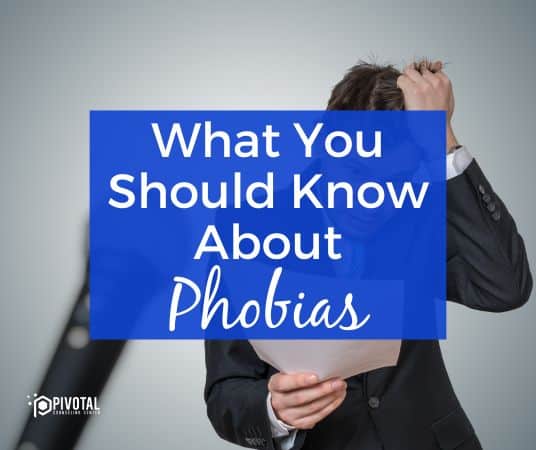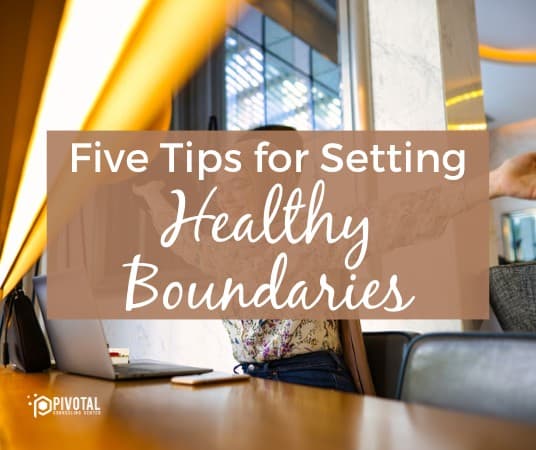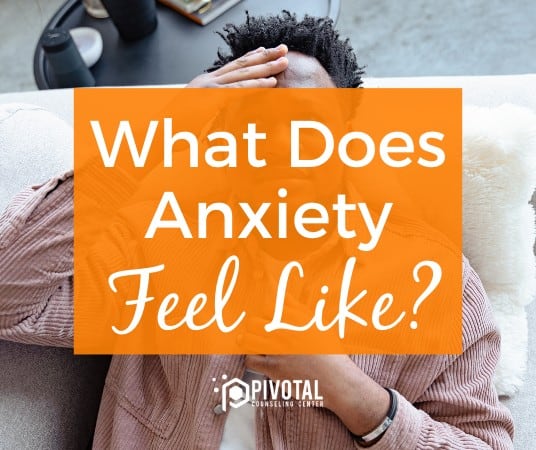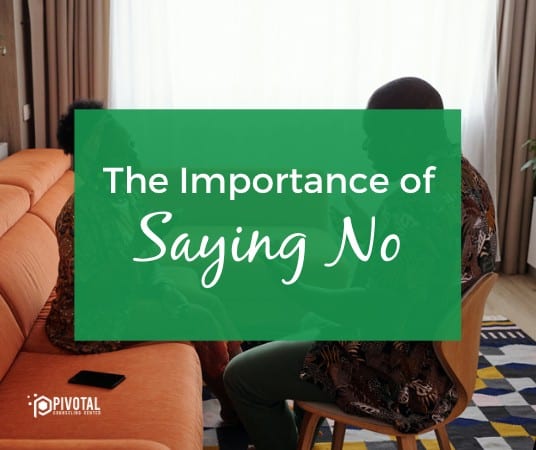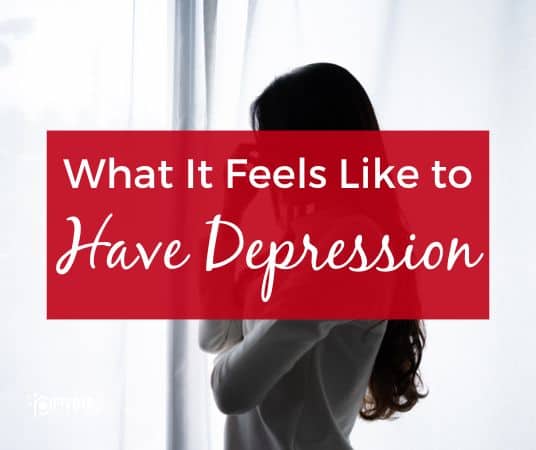
Have you ever wondered what depression feels like, or been concerned that you’re experiencing depression yourself?
Depression is a common and serious medical illness that affects millions of people every day in a variety of different ways, mentally and physically, and can prove to be fatal if not taken seriously or properly addressed. According to studies, one in six people will experience depression at some point in their life. Here’s what depression feels like.
How Depression Feels Emotionally
Depression can overwhelm you with a variety of emotions that stem from feelings of prolonged sadness. Most people who experience depression are often plagued by feelings of anxiety and restlessness. They tend to feel empty, hopeless, or even worthless, while thoughts of death and suicide are felt in more severe cases.
Some people exhibit noticeable feelings of anger and frustration, often over small matters such as traffic or a broken dish. Some may suddenly feel uninterested in hobbies and activities in which they once found great pleasure.
How Depression Feels Physically
Depression can also have a variety of adverse effects on our physical selves as well. Some people experience an increase in headaches and inexplicable body aches, while others experience trouble with concentration and focus. Some struggle with sleep disturbances and insomnia while others find themselves sleeping a lot more than they used to. Fluctuation in weight is also a common side effect of depression due to reduced appetites or increased food cravings.
These feelings contribute to an overall lack of energy and tiredness that makes motivation hard to muster and the simplest of tasks feel daunting and pointless.
How Depression is Different for Men and Women
Depression can look and feel different for men than it does for women. While both may experience similar feelings of prolonged sadness, this isn’t the primary symptom for many men. Women tend to feel more anxious, scared, and apathetic when dealing with depression and often blame themselves for their depression.
Men, meanwhile, tend to feel more irritable and inappropriately angry, often engaging in violent and controlling behavior, and suffering from uncommon physical ailments associated with depression like digestive problems.
When depression occurs in men, they may try to mask it with unhealthy coping strategies, like substance abuse, reckless driving, or sex. Women also engage in unhealthy behaviors, but they also tend to be more open about their feelings and confronting them. Men tend to isolate themselves and exhibit escapist behavior to avoid dealing with how they feel, like spending too much time on work, sports, or video games.
Failing to recognize and understand these symptoms, combined with a reluctance to discuss their feelings with loved ones and doctors, often results in depression in men going undiagnosed or untreated.
How Depression Feels to Younger People
While many feelings associated with depression in children are similar to those in adults, there are also significant key differences in how depression feels to them. Alongside typical emotions of sadness and irritability that come with depression, younger children also exhibit feelings of clinginess and excessive worry.
Those feelings, combined with physical aches and pains, can contribute to a child refusing to eat and feeling reluctant to attend school or be social with other children.
Depression in teenagers also looks relatively similar to depression in adults. They too deal with feelings of prolonged sadness, irritability, worthlessness, and irrational anger. And similar to younger children, teens will also develop a reluctance to attend school and an avoidance of social interaction.
Teens with depression, however, may also feel misunderstood and extremely sensitive. They may feel like their future—and the future in general—is bleak, while thoughts of death and suicide fill their heads.
How Depression Feels to Older Adults
Depression in older adults can be more difficult to recognize because their symptoms are more subtle than they are in younger adults. Like men, sadness is not typically their main symptom. While the usual symptoms and feelings are still exhibited, older adults feel more numbness and suffer more from a lack of interest in activities than their younger counterparts.
They may find themselves moving and speaking more slowly than they normally would. They may also struggle with memories or develop sudden personality changes. In many cases, they’ll petition to stay home rather than go out to socialize or try new things. Suicidal thoughts are also often common in older adults with depression, especially in older men.
Depression in older adults often goes undiagnosed and untreated for a variety of reasons. They too feel reluctant to seek help and may not be as willing to talk about their feelings with a doctor the way a younger adult would.
Feelings of sadness, irritability, guilt, and worthlessness are common in everyone suffering from depression, but depression is not always experienced by everyone in the same way. Depression can feel differently depending on age or gender, but there are numerous factors that can contribute to how depression affects us individually, such as cultural identity, sexual orientation, financial status, class, and so many others. Because of this, depression can be difficult to identify in ourselves and others.


